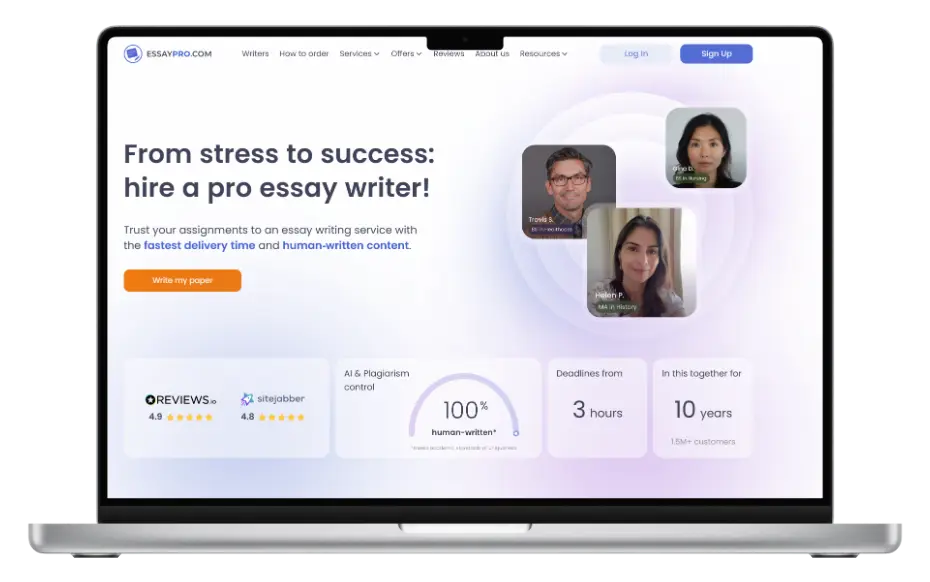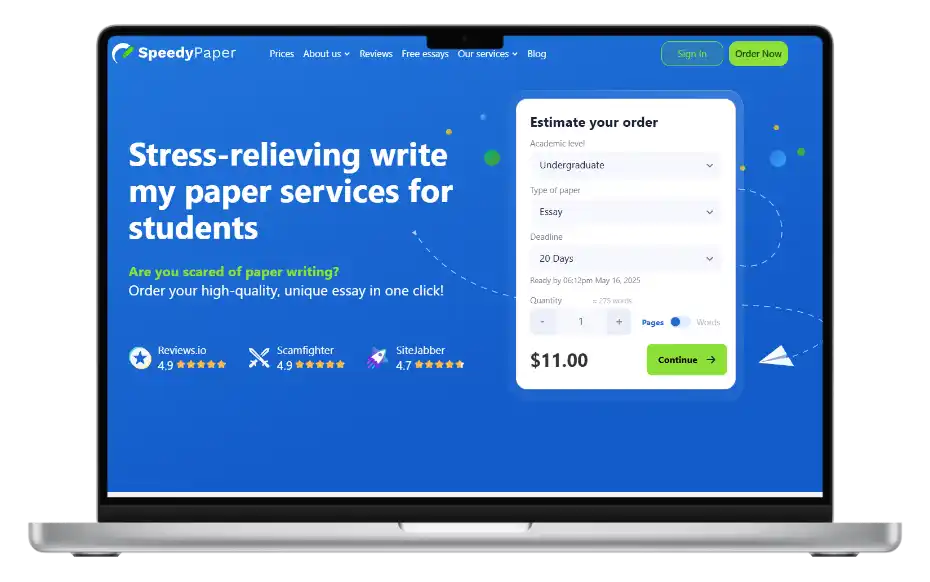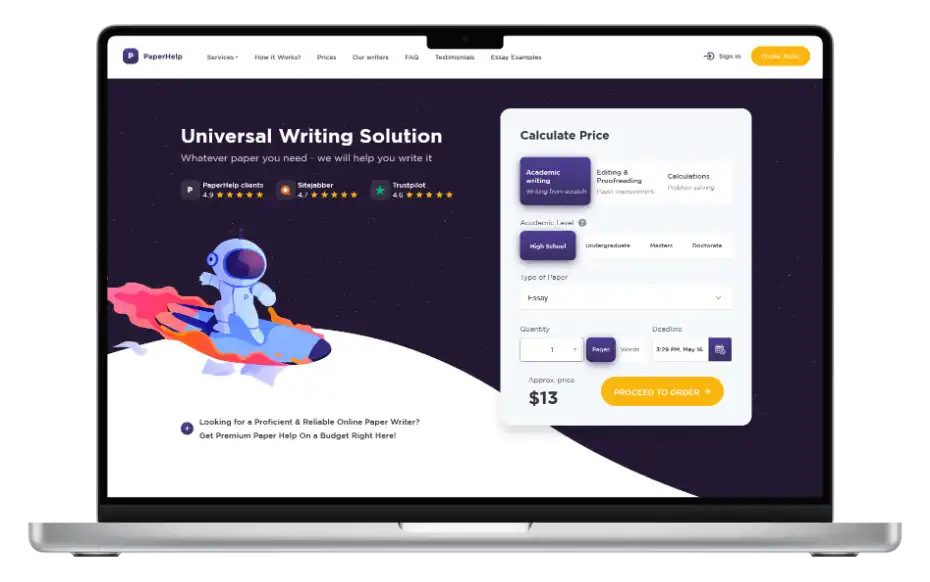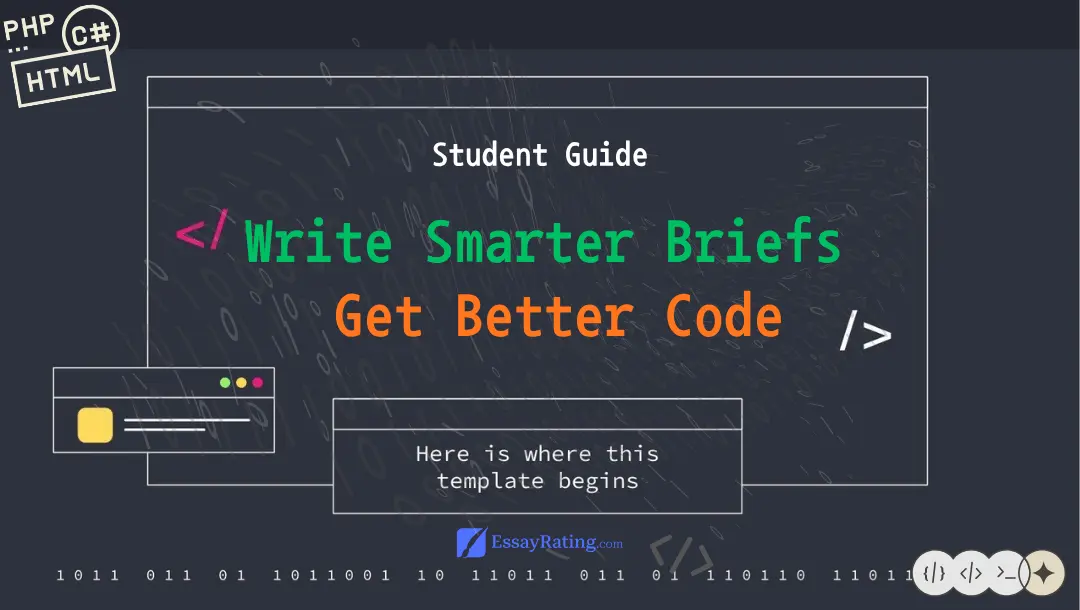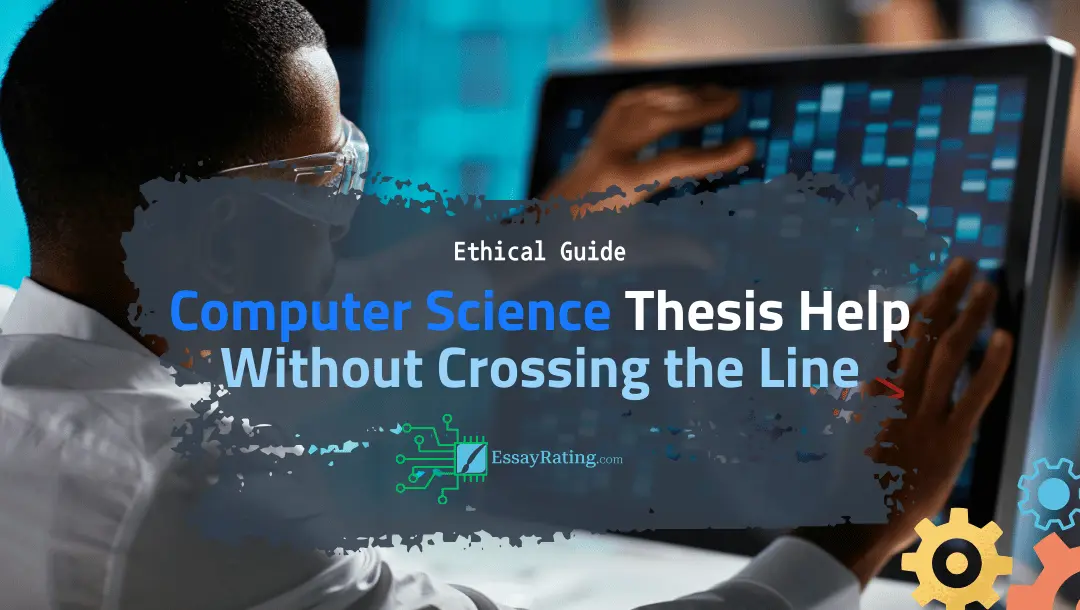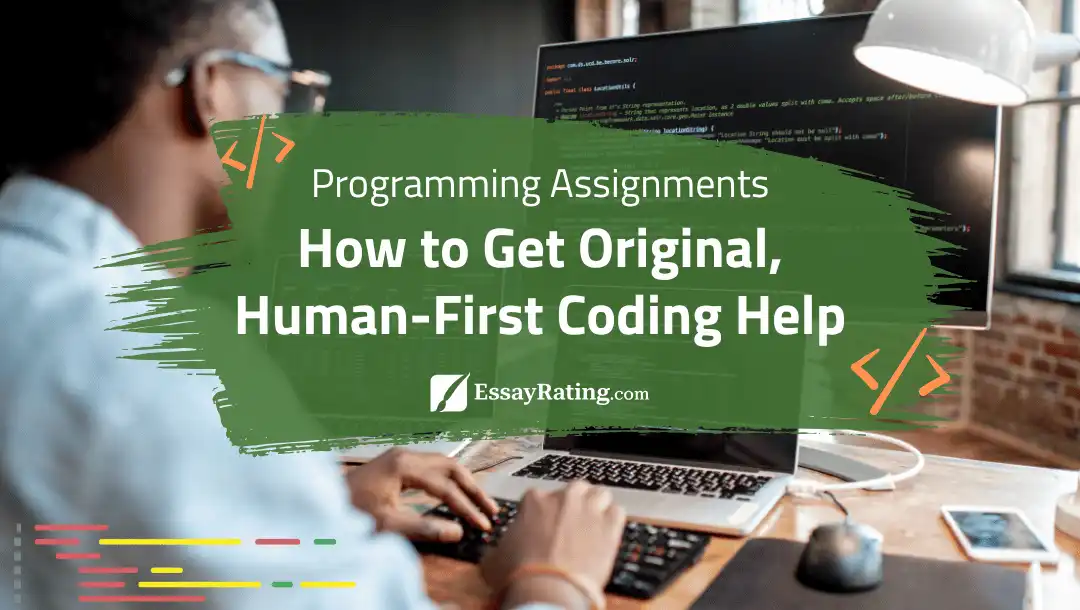Programming Assignment Help: Legit Options in 2026 (Red Flags & Safer Picks)
Last updated: January 07, 2026 • 8 min read

Short answer: Legit programming help exists, but you should expect clear deliverables (commented code, unit tests, README), transparent revisions, and straight answers about AI use. The safest path is briefing your task well, asking for explanations, and working with providers that document their work – not just ship a script.
We’ve placed small, timed orders across common languages this year (Python, Java, C++). Honestly, results vary. One of us liked how a provider delivered tests and a README; another was annoyed by a silent hand-off that broke on edge cases. Below we share what actually matters: the signals that separate real help from risky offers, what deliverables to request, how to brief your task, and how to stay within your course rules.
Red Flags vs Safer Picks
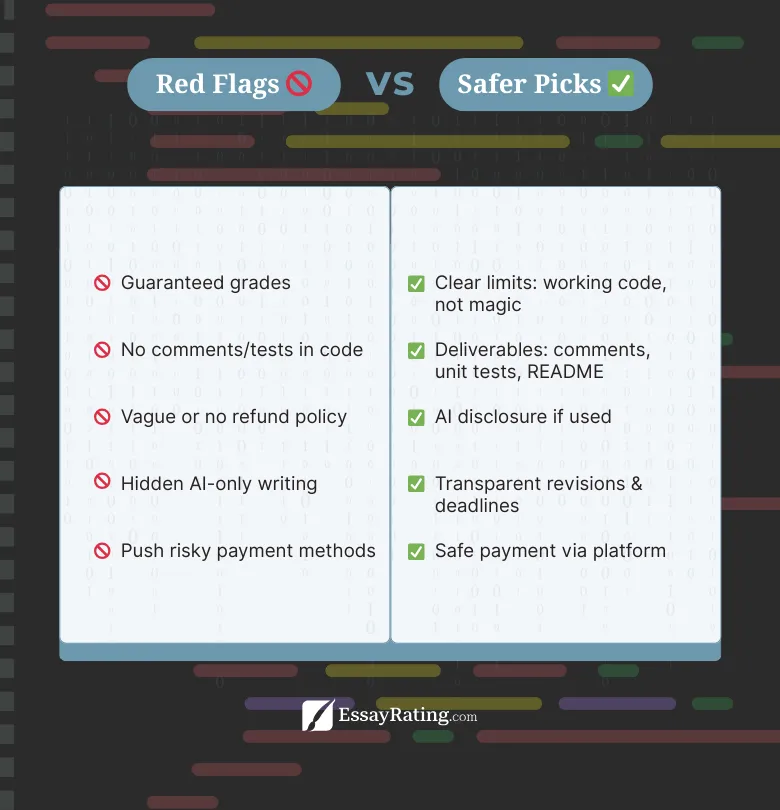
Use this table as your 60-second filter before you spend money.
| Red flags | Safer signals |
|---|---|
| “We’ll get you an A” or guaranteed grade claims. | Explains scope/limits; promises working code for your inputs + reasonable revisions. |
| No mention of comments, tests, or README. | Lists deliverables: inline comments, docstrings, unit/integration tests, README with run steps. |
| Only screenshots or video, no runnable files. | Zip with source, tests, data samples, and requirements; repo link on request. |
| Pushes to use AI quietly or refuses to discuss tools. | Discloses tooling (e.g., Copilot/linters) and provides explanations of decisions. |
| Vague revision policy, no timelines. | Specific revision window (e.g., 7–14 days) and response-time targets. |
| Payment only via risky channels. | Standard processors, receipts, and policy page you can actually read. |
What You Should Get for Your Money
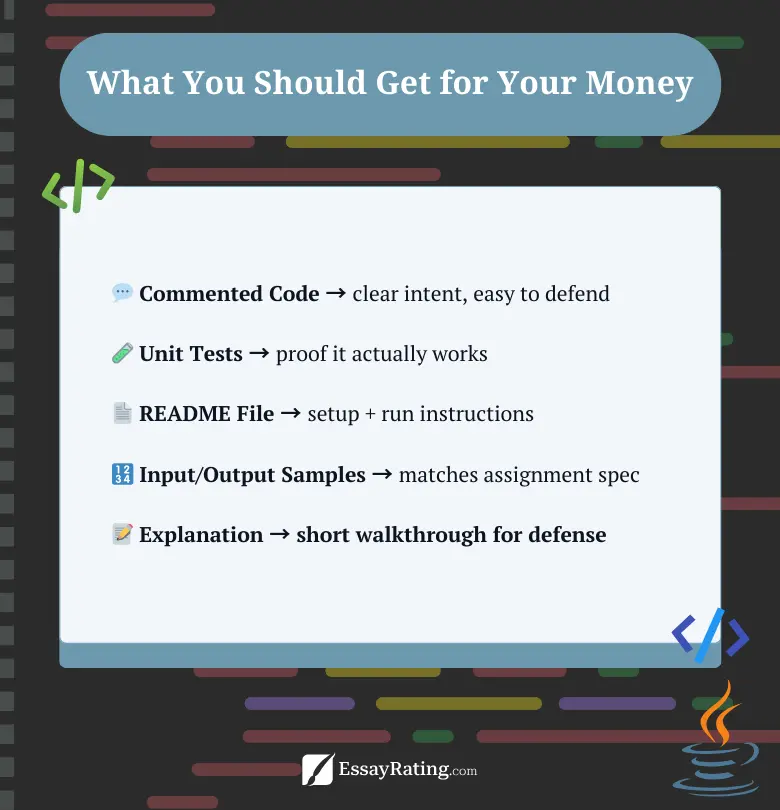
Legit providers behave like collaborators, not file-dumpers. We expect these core deliverables by default.
| Deliverable | Why it matters | What to ask for |
|---|---|---|
| Commented code | Shows intent; faster grading & debugging. | Docstrings for functions/classes; inline notes on tricky parts. |
| Unit tests | Prevents “works on my machine” surprises. | Minimal test suite with expected outputs; coverage for edge cases. |
| README | Run instructions and dependencies. | How to install, run, test; versions; time/space complexity if required. |
| Input/output samples | Proof the code matches the spec. | At least 3–5 sample cases, including one edge case. |
| Explanation | Teaches you to defend the work. | Short paragraph per function or a 3–5 minute walkthrough. |
Typical Price Ranges (Orientation Only)
Prices jump with urgency, language, and scope. These ballparks reflect what we’ve seen for short tasks (1–4 hours of effort).
| Language | 24–48h | 6–12h (rush) | Notes |
|---|---|---|---|
| Python | $30–$80 | $70–$150 | Often cheapest; lots of supply. |
| Java | $50–$120 | $100–$220 | Setup and OOP design add time. |
| C/C++ | $60–$140 | $120–$260 | Memory/compilation issues increase QA. |
| MATLAB/R | $60–$150 | $130–$280 | Licensing/data specifics matter. |
How to Brief Your Task (So You Actually Get What You Need)
- Spec, not vibes. Provide the exact prompt or rubric, language/version, constraints, and expected input/output format.
- Sample data. Share 3–5 cases, including one edge case (empty input, max size, weird characters).
- Deliverables list. Ask explicitly for comments, tests, README, and a short explanation/walkthrough.
- Policy fit. Tell them if your course bans AI-written code or requires an explanation section — and request a note you can learn from.
Team note: One of us likes to request a “defense paragraph” — 5–7 lines explaining the algorithm choice and complexity. That small add-on has saved more students in oral checks than any fancy refactor.
Ethics & Course Policies (Read This)
Universities treat code help differently from text editing. Some allow debugging or tutoring but ban “complete solutions.” If your course prohibits external code, don’t submit it as your own. Safer approach: use expert help for explanations, tests, and debugging, then write your final version yourself. If AI tools are restricted, ask the provider to clarify tool usage and provide a human explanation you can study.
Final Verdict
Real programming help looks like engineering, not magic. You get explained, commented code; tests; and a README that lets you run and defend the work. Brief well, ask for explanations, and keep your course policy in view. If you’re under pressure, compare vetted options with clear revision terms and transparent pricing — never order blind.
Disclosure: Some links may be affiliate. We may earn a commission — at no extra cost to you. We only recommend services we’ve tested.
FAQ • Student Questions We Hear Weekly
About the Team
Related Articles
Essay Services You May Like
